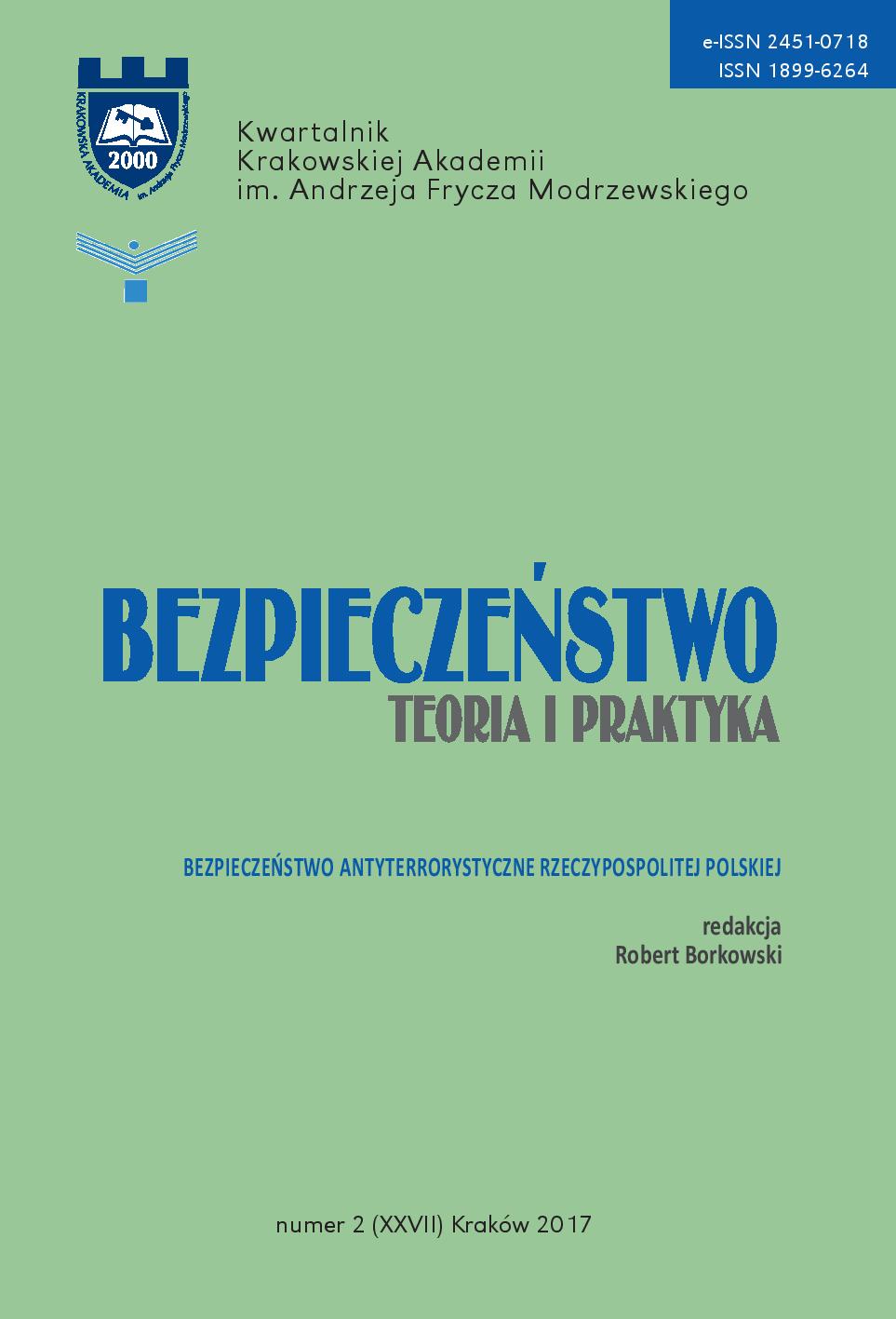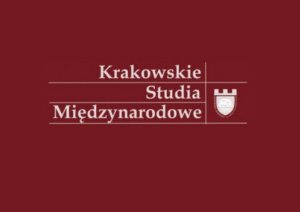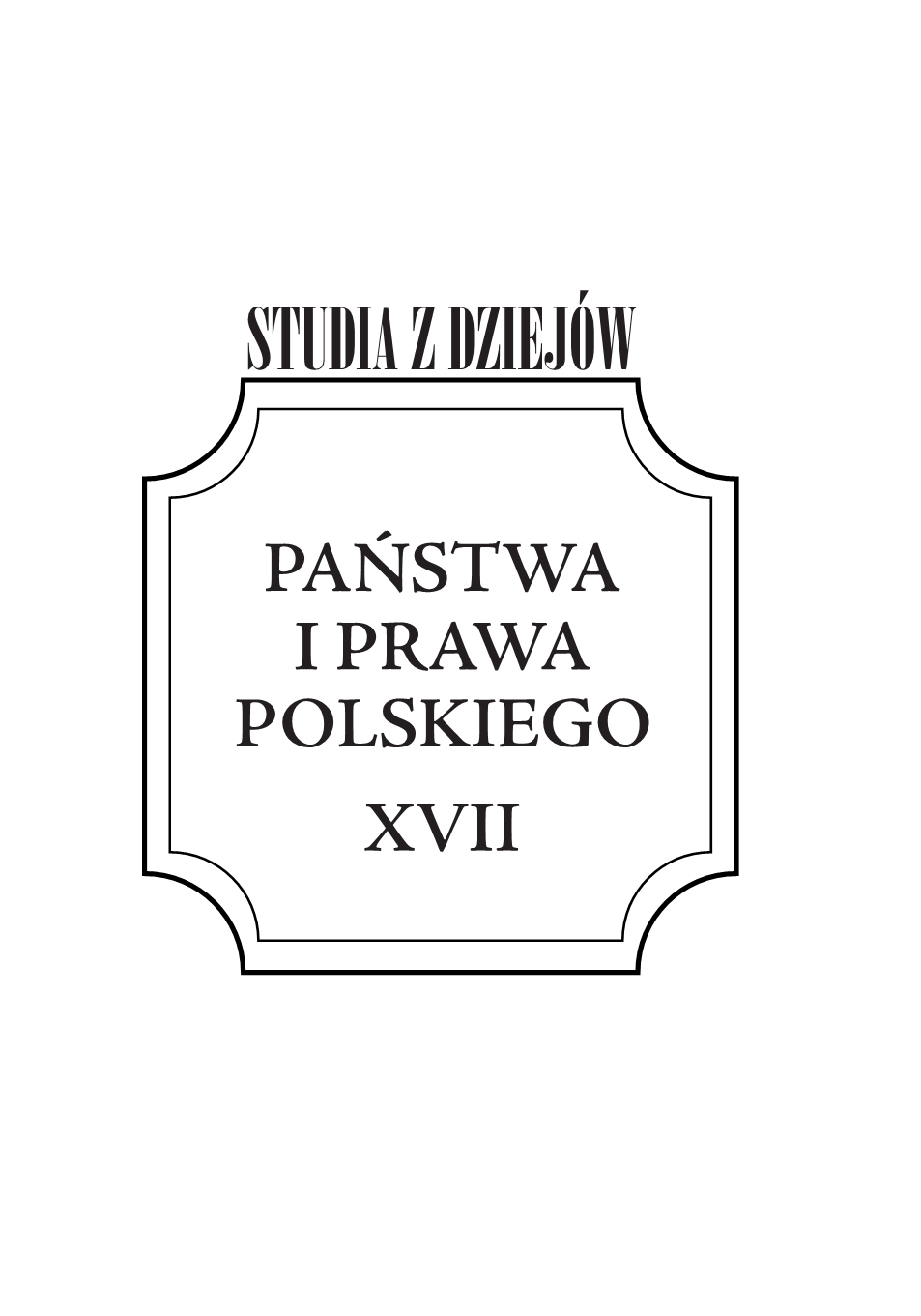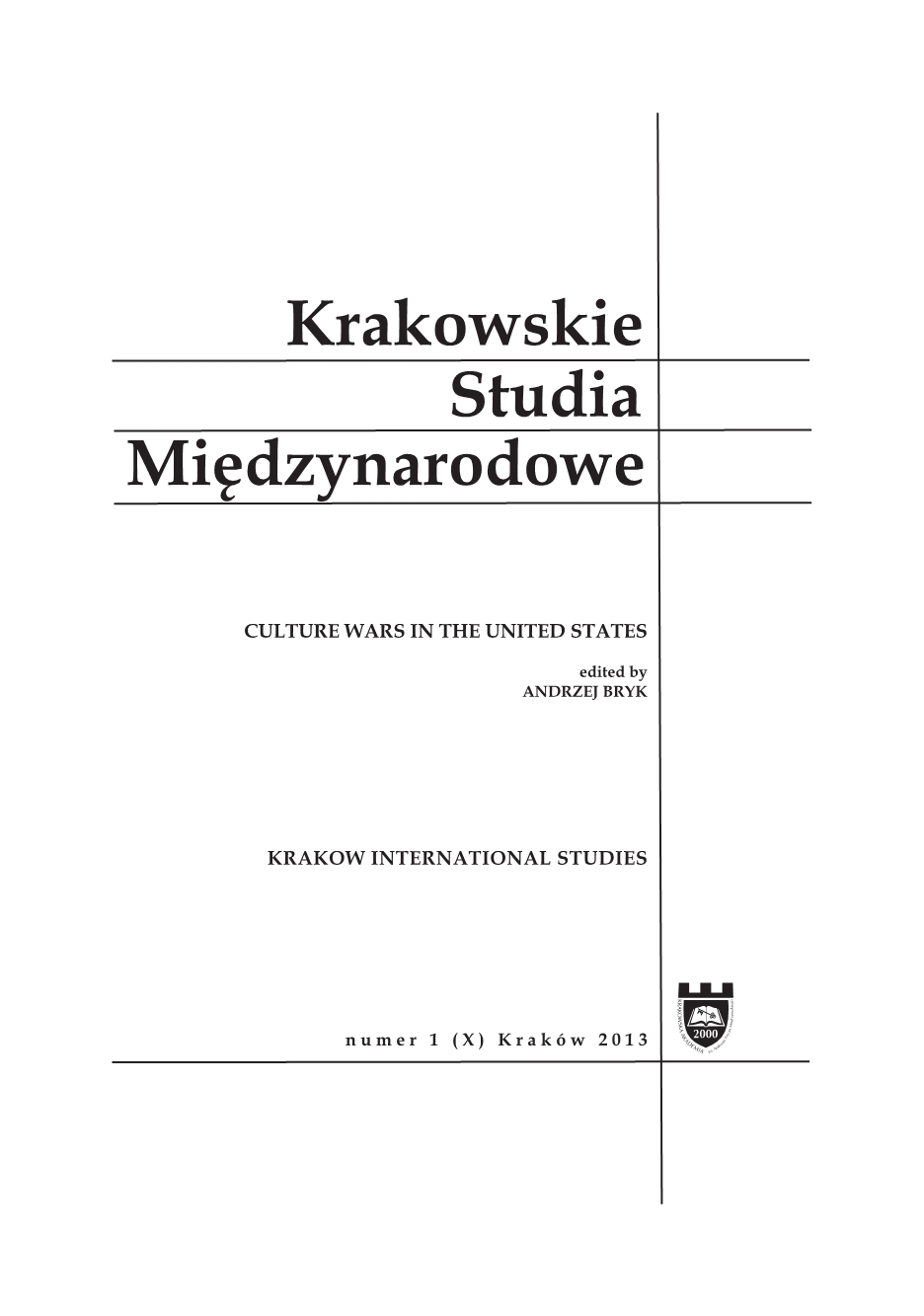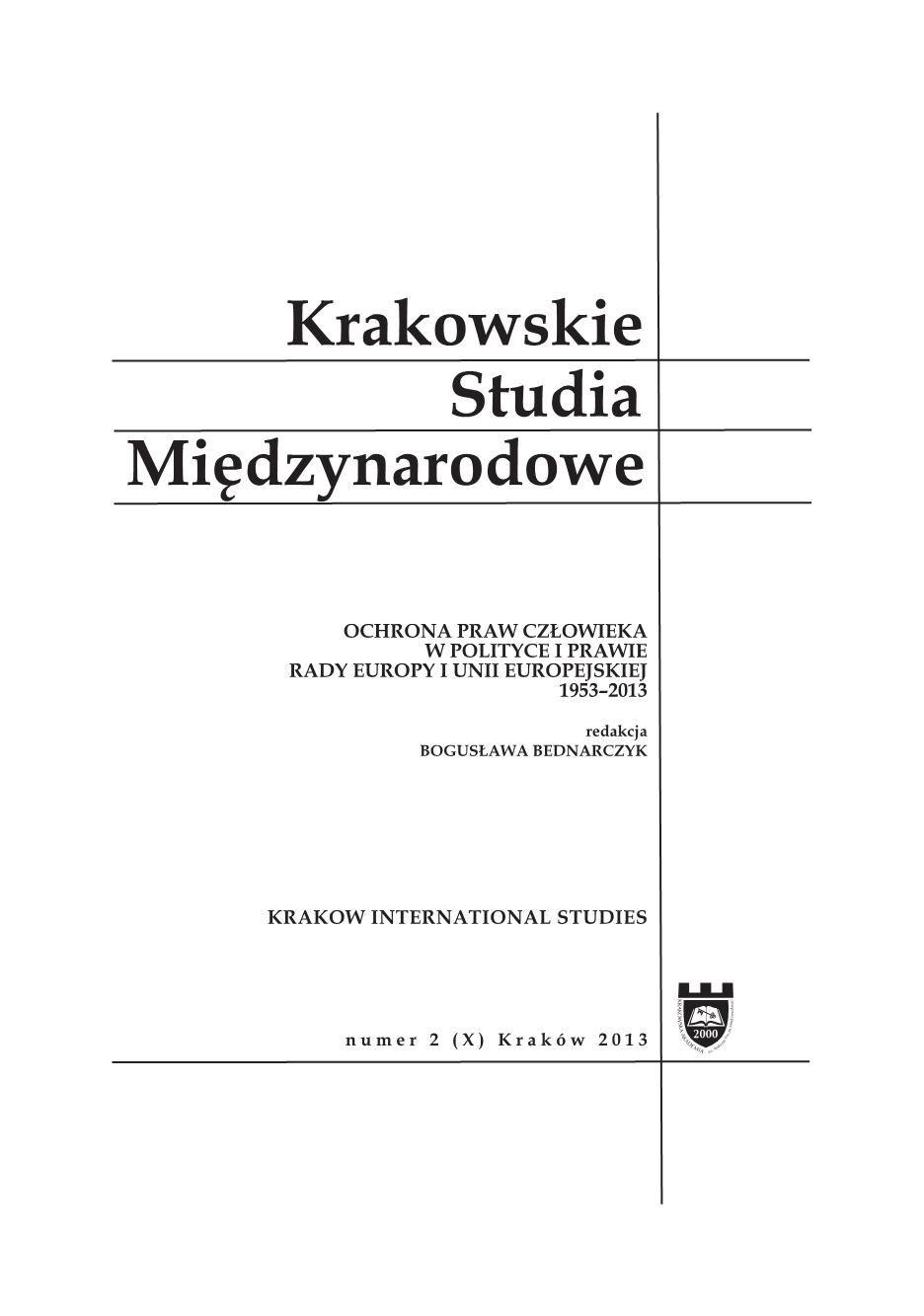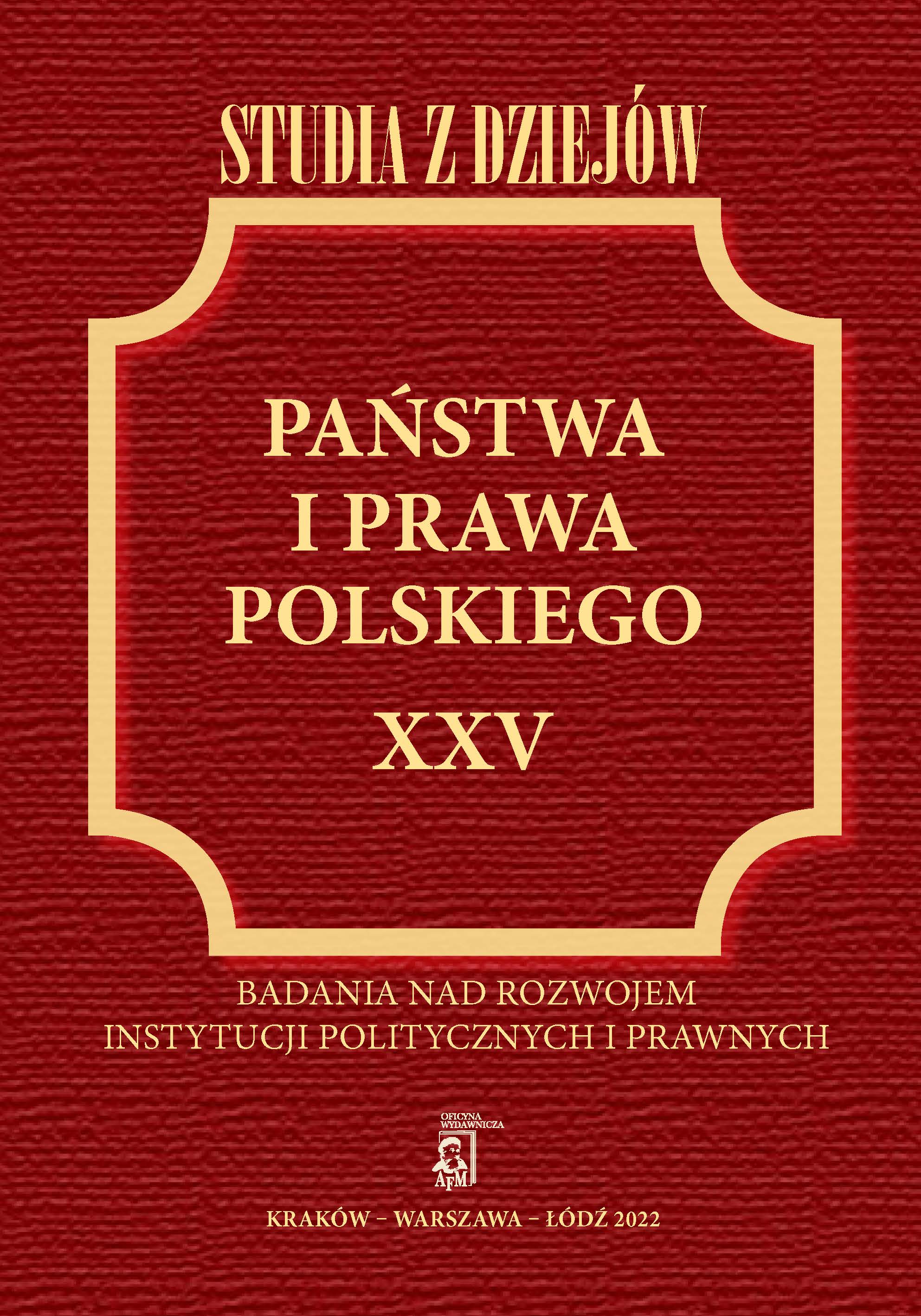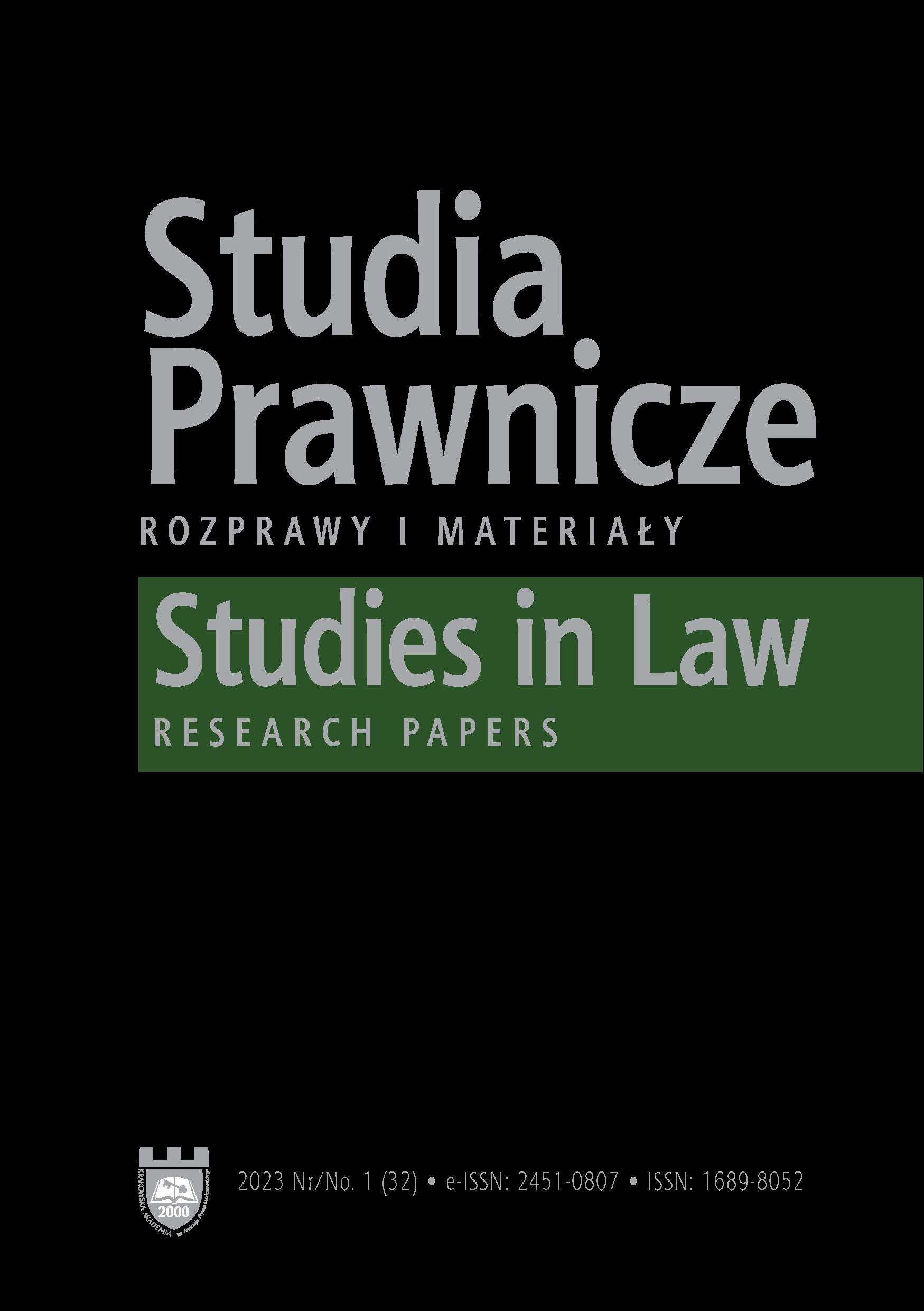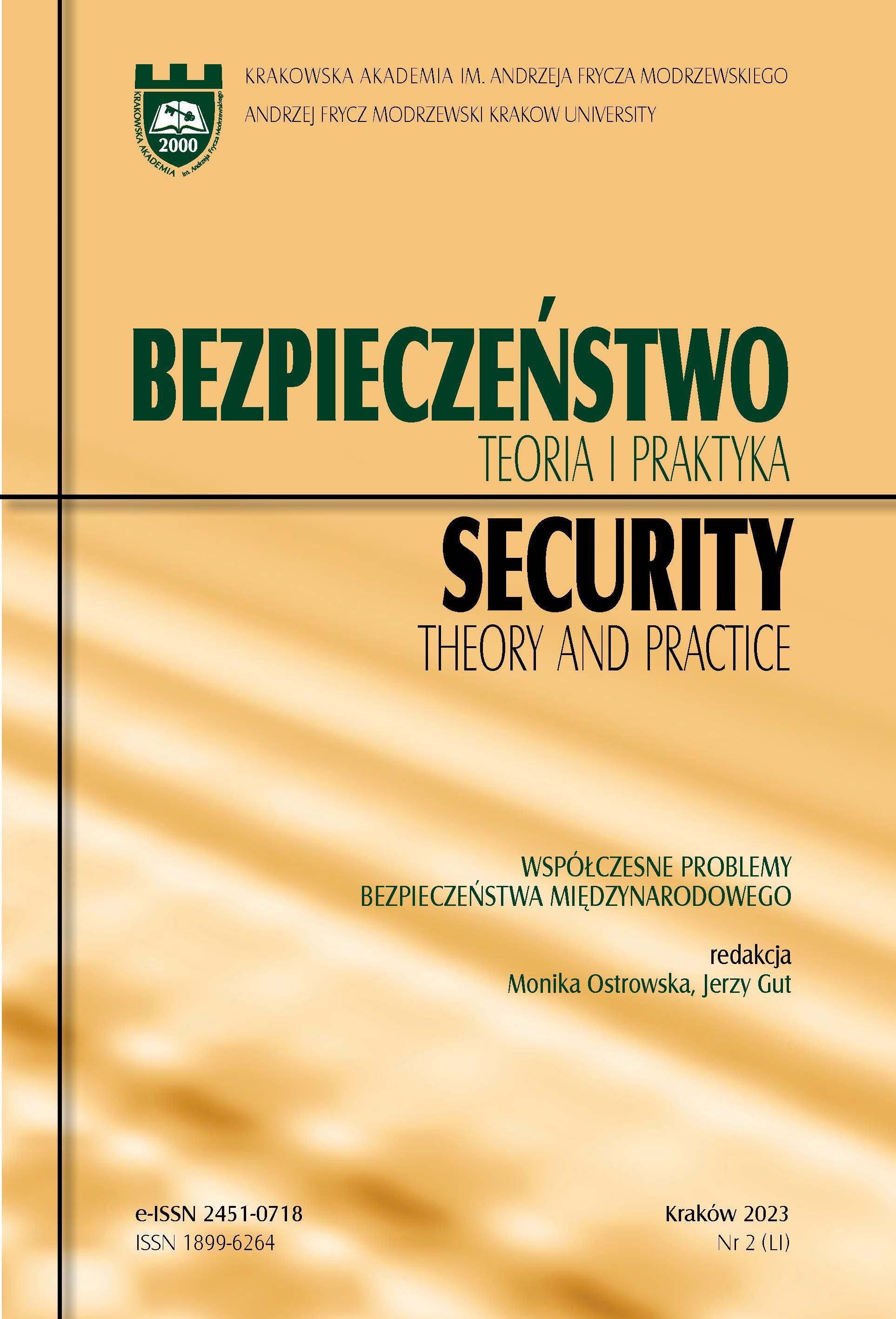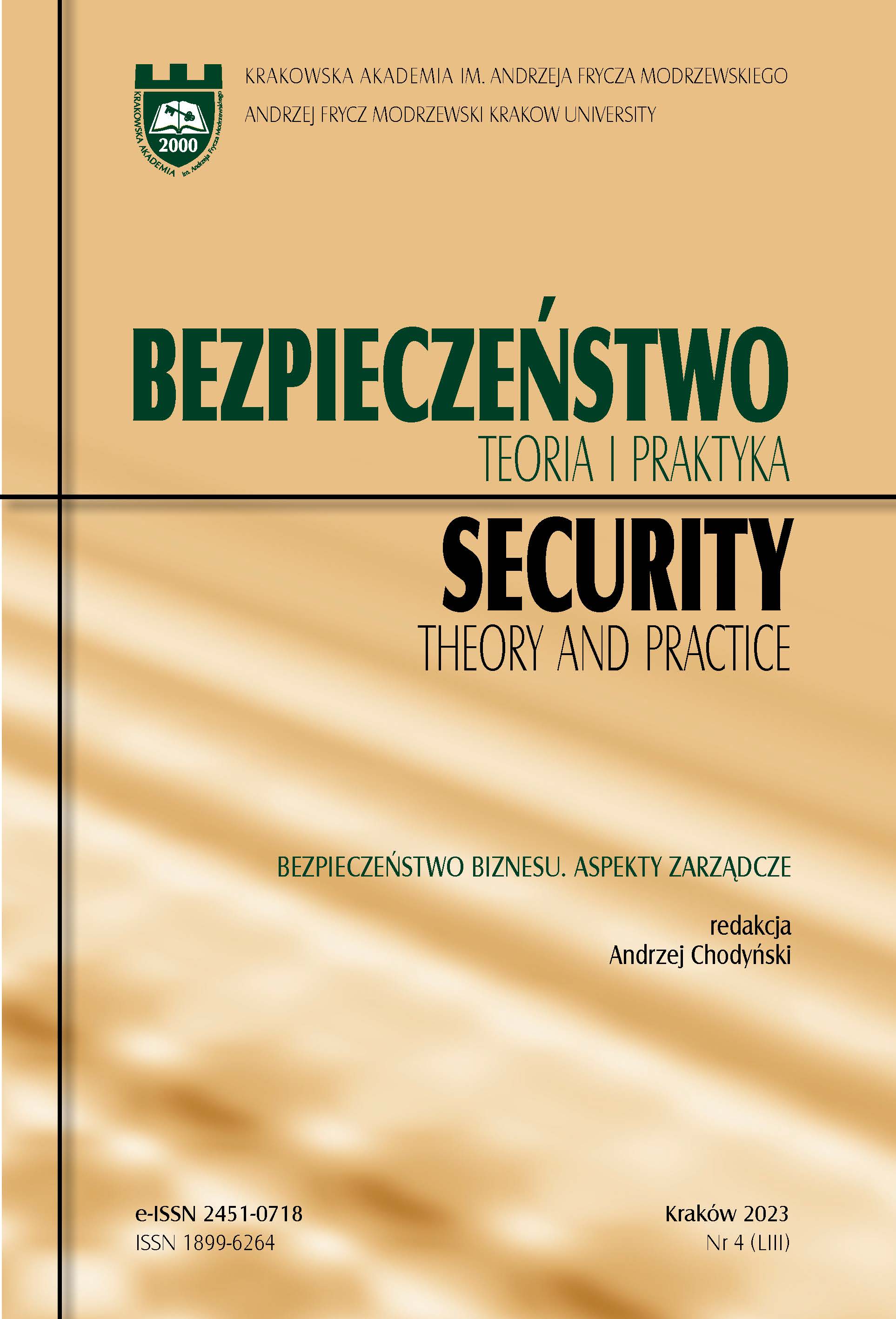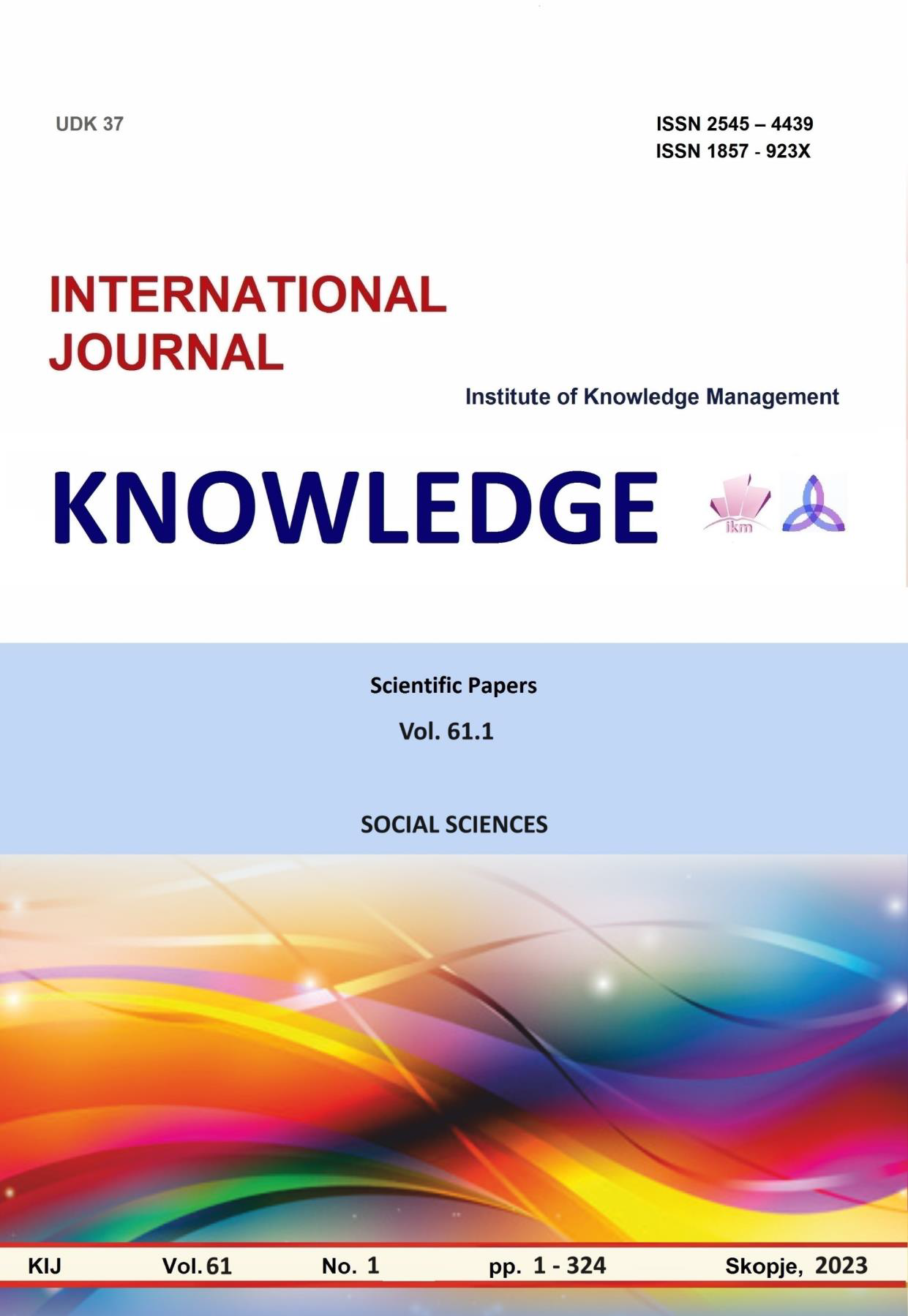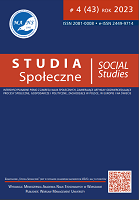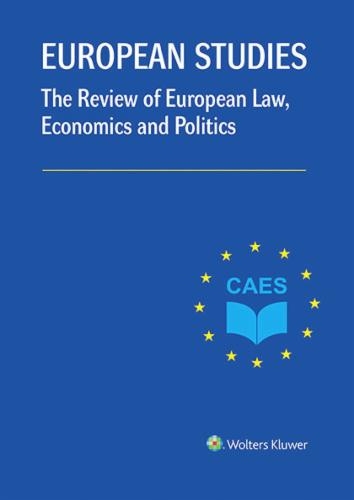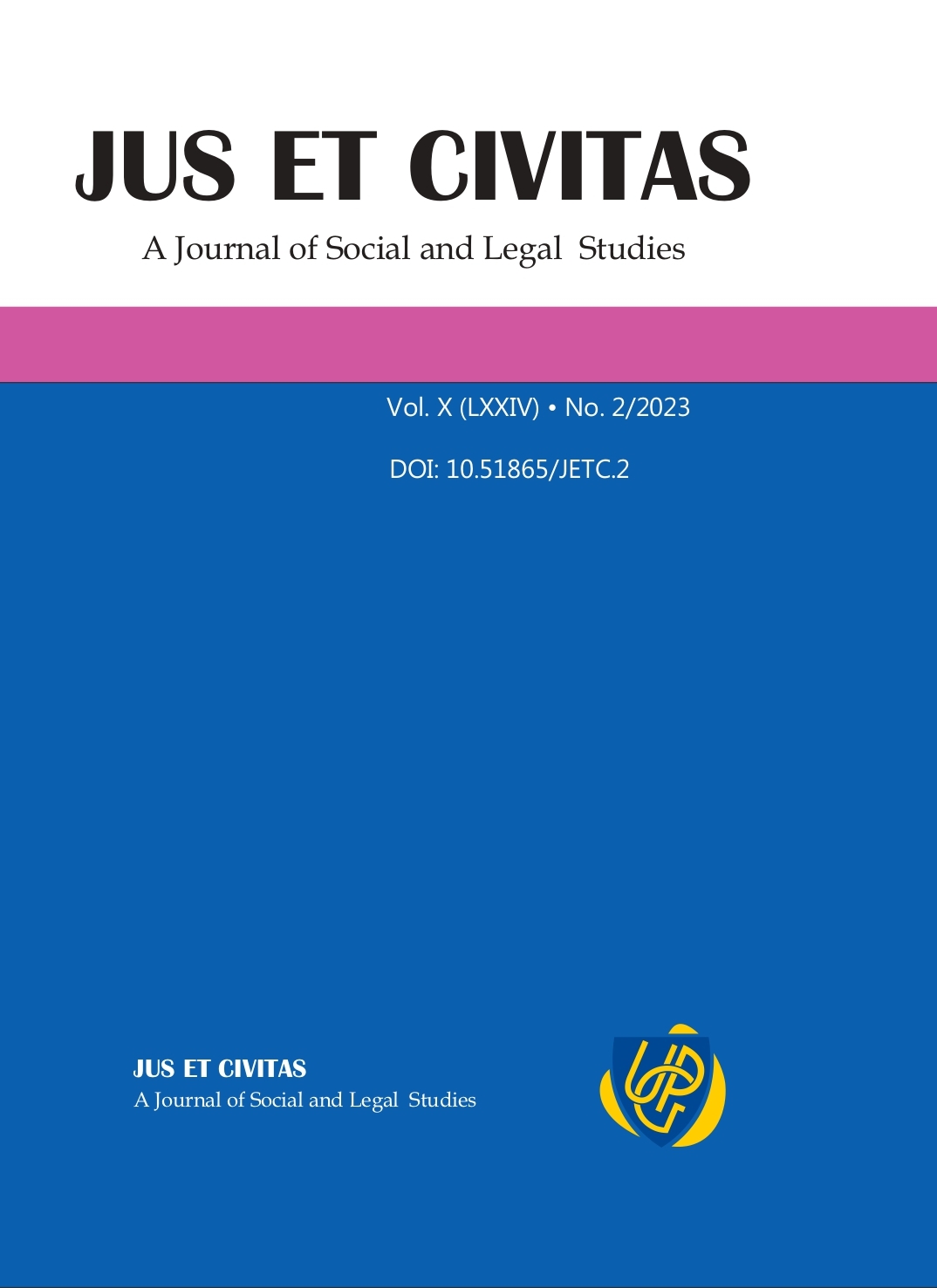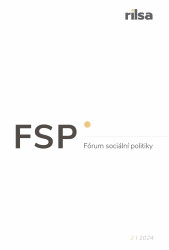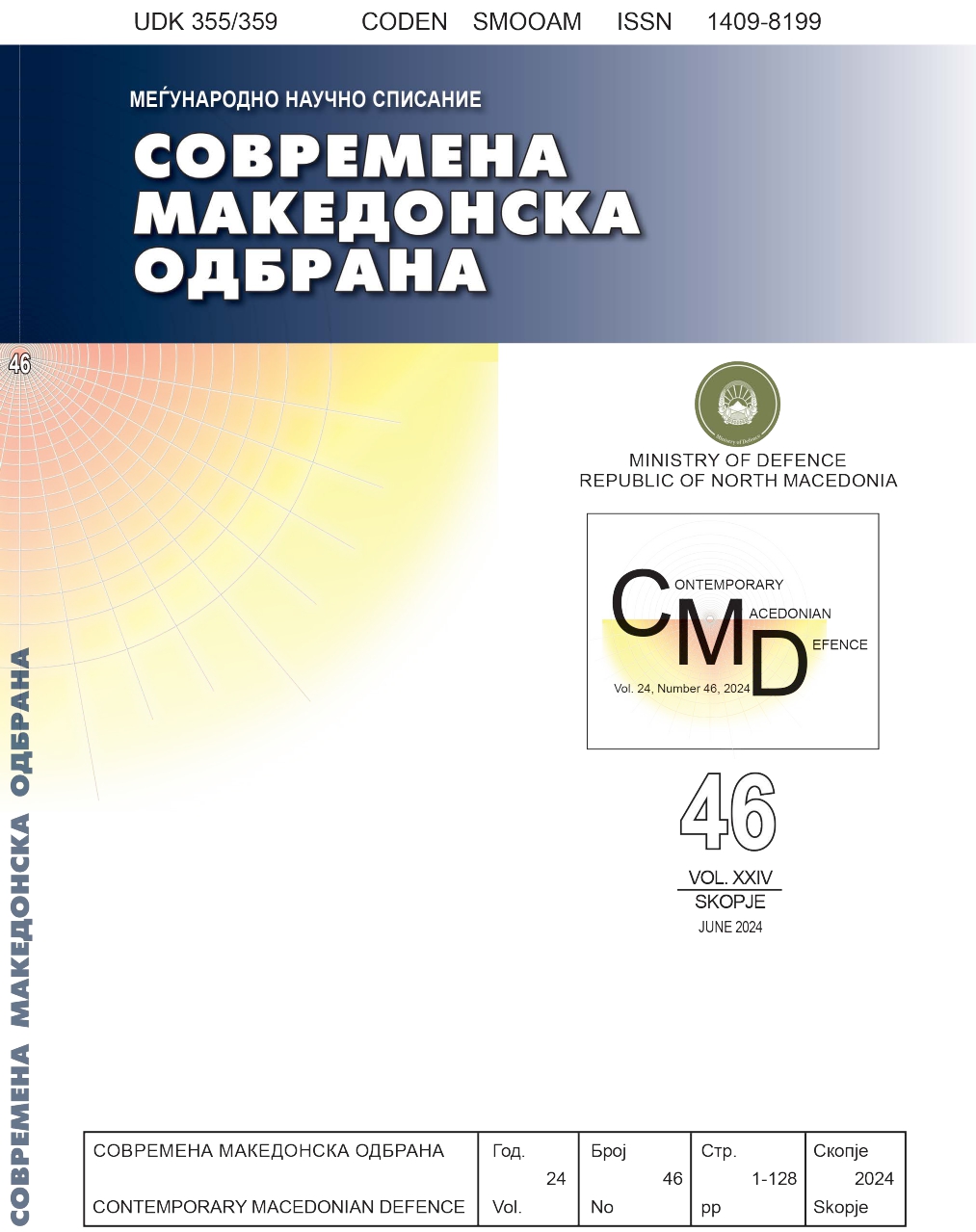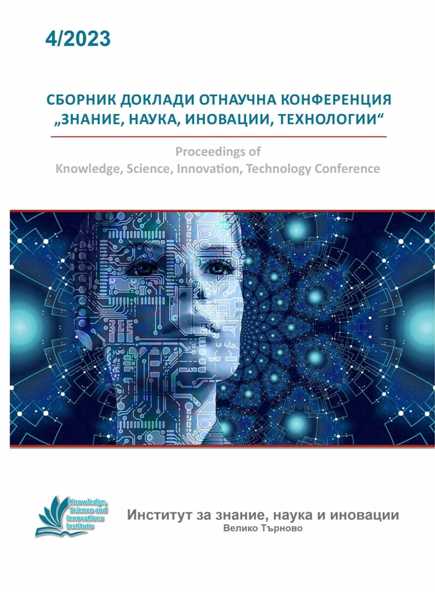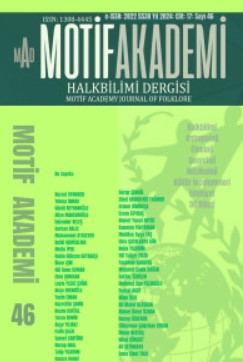Author(s): Zlate Dimovski,Fadil Isufi / Language(s): English
Issue: 46/2024
The interests of states in the field of national security do not differ much. They are the following: the protection of sovereignty, independence, territory, population, natural resources, basic principles, and values, which constitute the basis for future development and enhancement of well-being and contribution to harmonious relations with other countries. What differentiates them is the extent to and the manner in which the afore-stated interests are realized. Starting from the complexity of the interests and values that the state builds and develops, and for the purpose of national security, we will tackle the part of achieving and preserving the stated interests during crises, specifically the emergence and management of pandemic situations and the protection of national security in certain institutions (police, army, judiciary), whose work is directly and indirectly related to the security of citizens. The nature of COVID-19 had a tendency of threatening national security in all areas of life: the political system, human rights, the judiciary, the media, the economy, health, education, the security sector itself, including the police, the military, and the overall security intelligence community. This paper will cover the second and third years of the pandemic. The paper used quantitative and qualitative methods, which when applied gave us different numbers and facts complemented by the actions of different institutions, as key elements of national security, and we expect the paper to be instructive for the academic community, state authorities, society, and individuals about how to better prepare for future pandemics.
More...
